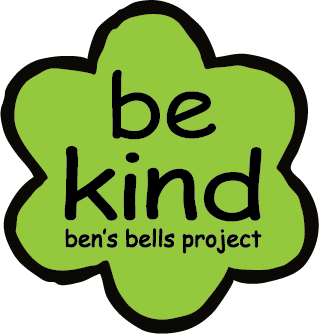
Introduction and Foundations 2024
“When we create contexts that prioritize and teach kindness, we’re creating contexts where positive social norms and kind behavior can thrive.”
Kind Campus targets the beliefs that drive our behavior in order to support and promote kind behavior at your school and beyond. Abundant research indicates the importance of school climate for student well-being, including factors related to school safety, such as mental health, aggression, substance use, and other risk behaviors. Relatedly, behavioral theories and research point to the profound importance of social norms and the behaviors of others in shaping one’s actions. When we create contexts for our students that prioritize and teach kindness, we are creating contexts where positive social norms and kind behavior can thrive.
The program includes individual, classroom, and school-wide exercises in practicing kindness recognition, active gratitude, and intentional kindness towards oneself, one’s peers, one’s community, and one’s overall environment. Additionally, students are taught to recognize and acknowledge acts of kindness by others. Kind Campus activities are designed to be easily implemented during the school’s normal routines. The activities are fun and build community within the school, making it appealing to students, as well as teachers, staff, and families.
Kind Campus practices and activities are intended to be embedded into the daily routines of school, becoming a “way of life” for the campus community. When the whole community focuses on practicing kindness together, opportunities to integrate kindness into existing routines and lessons become clear. Language arts teachers may pay special attention to the kindness or lack of kindness of a character in a novel or a poem, while a science teacher may use kindness as a way to explain the importance of honesty in research. The more teachers and other adult role models integrate intentional kindness practices into the regular curriculum and activities, the more profound the learning opportunities will be.
To learn more about the research and science behind the Kind Campus program, click here and visit the “Research Partnership” section.
